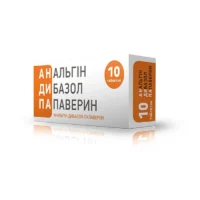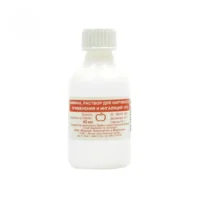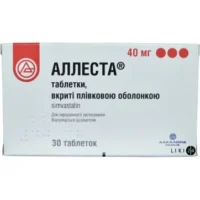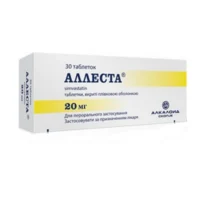Description
CellCept (Mycophenolic Acid) Capsules 250 mg. №100
Ingredients:
- Active ingredient: Mycophenolic acid
- Other ingredients: Lactose monohydrate, maize starch, povidone, and magnesium stearate
Dosage:
- Adults: The usual dose is 1 gram (4 capsules) taken twice a day
- Pediatric Patients: Dosage is based on body surface area
Indications:
CellCept is indicated for the prophylaxis of organ rejection in patients receiving allogeneic renal, cardiac, or hepatic transplants
Contraindications:
- CellCept is contraindicated in patients with a hypersensitivity to mycophenolate mofetil or mycophenolic acid
- It should not be used in pregnant women due to the risk of fetal harm
Directions:
- Take CellCept exactly as prescribed by your healthcare provider
- Swallow the capsules whole with a full glass of water
- Avoid taking antacids containing magnesium and aluminum within 2 hours of taking CellCept as they may reduce its effectiveness
Scientific Evidence:
Studies have shown the efficacy of CellCept in preventing organ rejection in transplant patients. Research in the American Journal of Transplantation demonstrated the superior efficacy of mycophenolate mofetil compared to azathioprine
Additional Information:
- Regular monitoring of blood counts and renal function is important while taking CellCept
- Inform your healthcare provider about any side effects or concerns
- Store the capsules at room temperature away from moisture and heat. Keep out of reach of children





